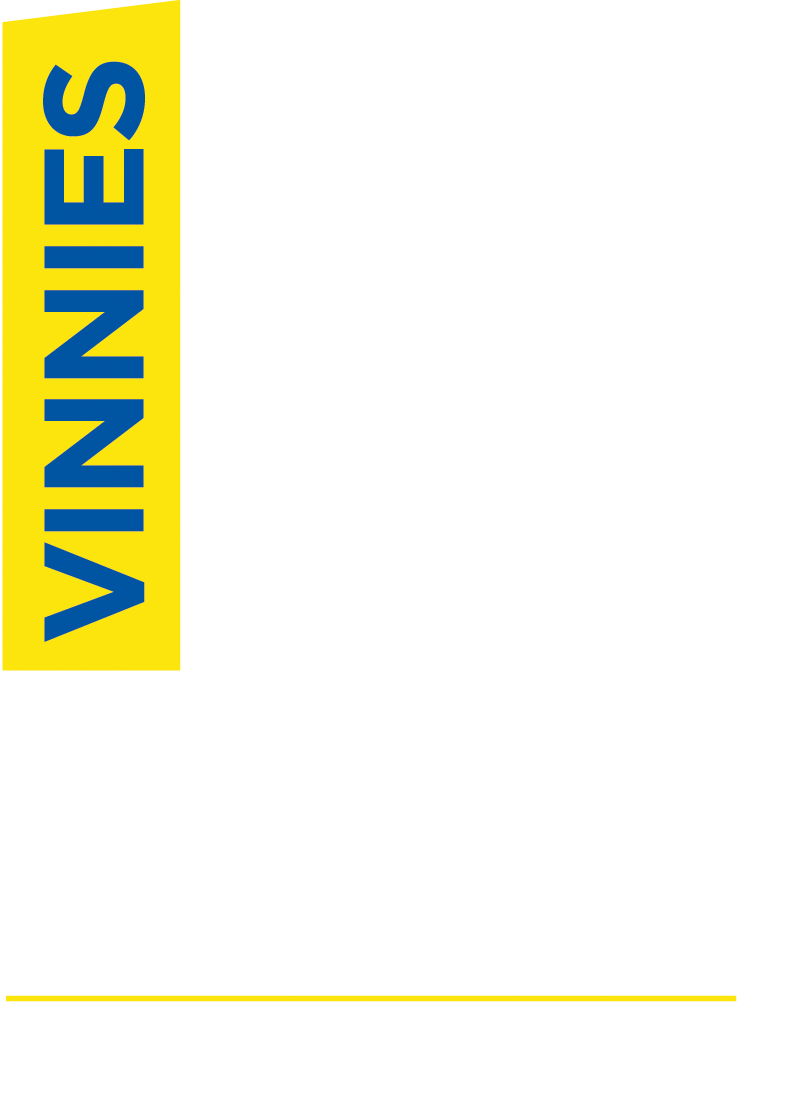
The University of Canberra says while most of us worry about fake news, fewer of us do anything about it.
A piece of completely startling news comes through on your smartphone, or your laptop. You scratch your head and wonder what on earth that is about. Is it even true? Or is it (drumroll, please…) fake news?
Most of us know that not everything we read is true, but according to the University of Canberra’s News and Media Research Centre, it turns out that not so many of us bother to consistently check the facts. In fact, only around a third of news consumers regularly do something so basic as cross-checking questionable facts with other trusted news outlets.
Dr Caroline Fisher heads the Digital News Report project and says this is the second year that their research has delved into fake news in some detail and tried to understand how people assess the truth or otherwise of what they’re reading. The report forms part of an international survey coordinated by the Reuters Institute for the Study of Journalism. The UC study is based on an online questionnaire with over 2000 respondents weighted for age, gender, region and for the first time, education.
“Last year we asked whether they were worried about fake news and what kinds they’d experienced, what the definition of fake news was,” she says. That survey showed that more than 70 per cent of respondents had experienced some kind of fake news. While they were most worried about outright lies and manipulations for political and commercial purposes, they were most likely to have encountered old-fashioned bad journalism: unchecked facts, unsupported assertions and unsourced content.
This year the Digital News Report asked people whether they were concerned about what’s true or false on the internet and what they were prepared to do about it. 62 per cent of respondents were worried about how unreliable their news sources were, and the study followed up by asking what actions respondents had taken as a consequence of those fears.
“We asked whether they had decided not to share a story, checked against a number of different sources, started relying on other sources that had a better reputation, stopped using poor sources, talked to someone else they trust about a story or stopped paying attention to news shared by someone they didn’t trust,” Dr Fisher says.
“Overwhelmingly, though, most people did none of those things.”
The activity that most people engaged in was checking a story against several different sources, while around 26 per cent said they’d begun relying on sources with a higher reputation for accuracy, and only 22 per cent said they’d stopped sharing a story from someone whom they didn’t trust as an accurate source.
“On the one hand it’s good that a third of respondents engaged in verification of some kind, but two-thirds aren’t doing anything. And the research suggests that people who are engaging across multiple platforms and are educated, savvy, media consumers are much more likely to check whether something is true.”
Among other findings, the report also shows that concern about fake news is strongly linked to news avoidance and news fatigue: people who worry about the truth of online news are also very likely to say they feel worn out by news.
While older people are most likely to be worried by fake news, Dr Fisher says that actually, it’s Gen Z who do the most fact-checking. “They do rely on social media for their news, but their trust levels are dropping and they’re the most likely ones to take action on their concerns,” she says.
You can find the full Digital News report here.
How do you check whether your news is true or false?



















